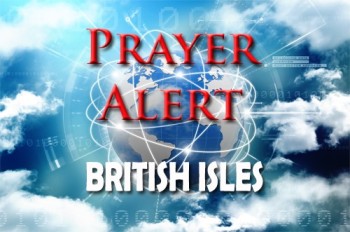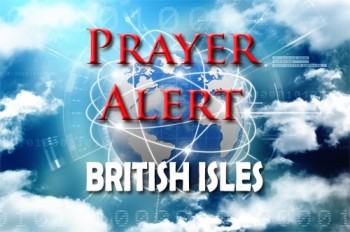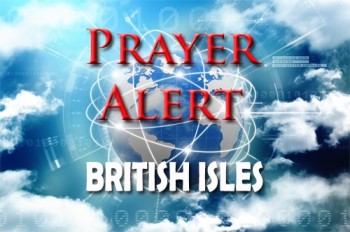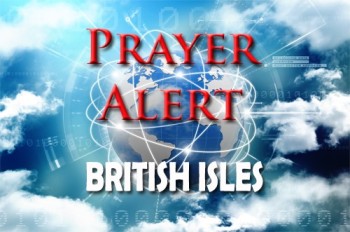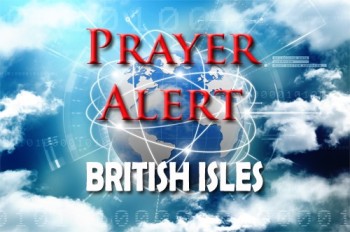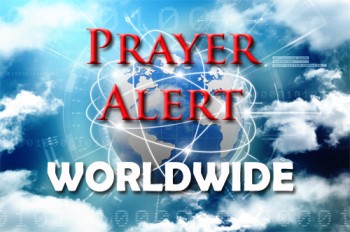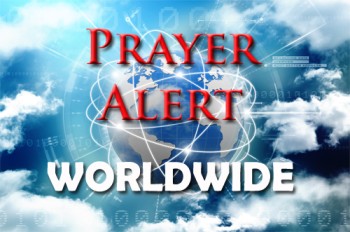Business rates will more than double, ‘final blow’ to retailers
UK high street businesses face a dire challenge as business rates are set to increase by over 140% in April. The temporary 75% relief introduced during the pandemic will drop to 40%, causing substantial cost hikes for retailers, pubs, restaurants, and nightclubs; for example, the average pub’s annual rates will rise from £4,017 to £9,642. These rising costs come amid other pressures, including inflation, increased national insurance contributions, and higher minimum wages. Brick-and-mortar businesses already struggle to compete with online retailers, which pay reduced rates for warehouses. Critics warn that this 'final blow' could force many high street businesses to close. Reforms to business rates are planned but will not take effect until April 2026. Experts suggest reimagining high streets as community hubs rather than purely shopping destinations. Despite government assurances of relief measures, over 200,000 retail jobs and 17,000 stores are predicted to vanish in the coming year: see
Royal Navy warns off Russian spy ship
In November the Royal Navy's attack submarine, HMS Astute, surfaced near the Russian spy ship Yantar off the UK coast, issuing a stark warning against espionage activities targeting Britain's undersea cables. Defence secretary John Healey disclosed this rare manoeuvre, emphasising the UK's commitment to safeguarding its critical infrastructure. Yantar, officially classified by Russia as an oceanographic research vessel, is suspected of mapping undersea cables, raising concerns about potential sabotage. In response to its presence, the UK adjusted naval engagement protocols to allow warships and submarines to closely monitor such vessels. This week, Yantar re-entered UK waters, prompting the deployment of two warships and a patrol aircraft to track its movements continuously. NATO allies share apprehensions regarding Russia's activities near vital undersea infrastructure, especially following incidents like the Nordstream pipeline explosions. The alliance has deployed elite divers, submersible drones, and an array of ships to patrol and protect critical underwater assets in the Baltic Sea.
Labour civil war erupts over possible Heathrow expansion
A rift within the Labour Party has surfaced over reported plans by Rachel Reeves to approve a third runway at Heathrow and expand operations at Gatwick and Luton airports. While she emphasises economic growth as the Government’s priority, several high-profile Labour figures, including Greater Manchester mayor Andy Burnham and London mayor Sadiq Khan, have voiced strong opposition. Burnham argues that prioritising airport expansion in the South could hinder infrastructure investment in northern England and concentrate growth in London. Khan cites concerns about worsening air quality, increased noise, and the impact on London’s net-zero emissions target by 2030. Key Labour figures, including Keir Starmer and Ed Miliband, spoke against Heathrow’s expansion while they were in opposition. Reeves has countered criticism by stating that Britain’s reluctance to approve major projects has stalled economic growth. The debate highlights tensions between economic ambitions and environmental sustainability within Labour’s leadership.
Treat eating disorders as an emergency, say MPs
The parliamentary group on eating disorders has declared an emergency, citing 'woefully inadequate care' for those affected. Conditions like anorexia and bulimia have surged in recent years, with 12% of 17- to 19-year-olds and nearly 21% of young women now affected, according to a 2023 survey. The report highlights widespread barriers to treatment, underfunded services, and misconceptions about eating disorders, which affect people of all ages, genders, and ethnicities. It calls for a national strategy to support patients and families, mandatory training for frontline workers, and significant investment in care. Testimonies from sufferers reveal how delays in diagnosis and treatment caused prolonged suffering. Campaigners warn some patients are discharged too early, while families feel abandoned by the system. The NHS has pledged funding and expanded services, yet MPs like Richard Quigley argue that the system is 'beyond broken’. Immediate reforms, including earlier interventions and increased resources, are critical to saving lives and easing pressure on families.

